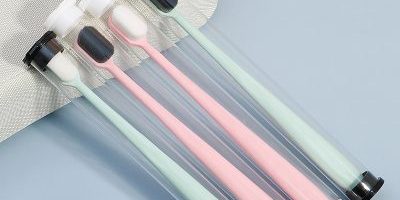Introduction
The plastic crisis has placed our consumption habits under the microscope, and even everyday items like toothbrushes are being reevaluated. Plastic toothbrushes are contributors to this challenge, generating a concerning amount of waste. In this blog, we’ll explore the environmental impact of plastic toothbrushes and introduce sustainable alternatives that promote eco-friendly oral care.
Plastic Waste: A Global Issue
Plastic toothbrushes might seem insignificant, but their cumulative environmental impact is considerable. The plastics used in toothbrushes are non-biodegradable, persisting in the environment for hundreds of years. They can break down into microplastics, infiltrating ecosystems and potentially entering our food chain.
A Shift Towards Sustainability
The growing awareness of plastic pollution has prompted a shift towards sustainable dental care alternatives. Bamboo toothbrushes, for example, are biodegradable, offering a greener option. Brands are also designing toothbrushes with eco-friendly materials and packaging, reducing their overall environmental footprint.
Making the Transition
Transitioning to eco-friendly oral care involves mindful consumer choices. Consider factors such as bristle materials, packaging, and disposal options. Bamboo toothbrushes, often paired with biodegradable bristles, provide a sustainable choice that addresses multiple environmental concerns.
Beyond Toothbrushes: A Holistic Approach
The movement towards eco-friendly oral care extends beyond toothbrushes. Toothpaste, floss, and mouthwash are also undergoing sustainable transformations. Brands are embracing natural ingredients, refillable packaging, and plastic-free options, giving consumers a comprehensive range of choices.
A Statement of Environmental Values
Choosing eco-friendly oral care products isn’t just about personal health; it’s a declaration of environmental values. By opting for sustainable toothbrushes and related products, you’re contributing to reducing plastic waste and supporting a more responsible approach to consumption.
Conclusion
The plastic toothbrush may be a small part of our lives, but its impact reverberates far beyond. Embracing sustainable alternatives in oral care signifies a commitment to the well-being of our planet. As the movement gains momentum, each choice we make becomes a catalyst for positive change, shaping a world where personal care and environmental care go hand in hand.







